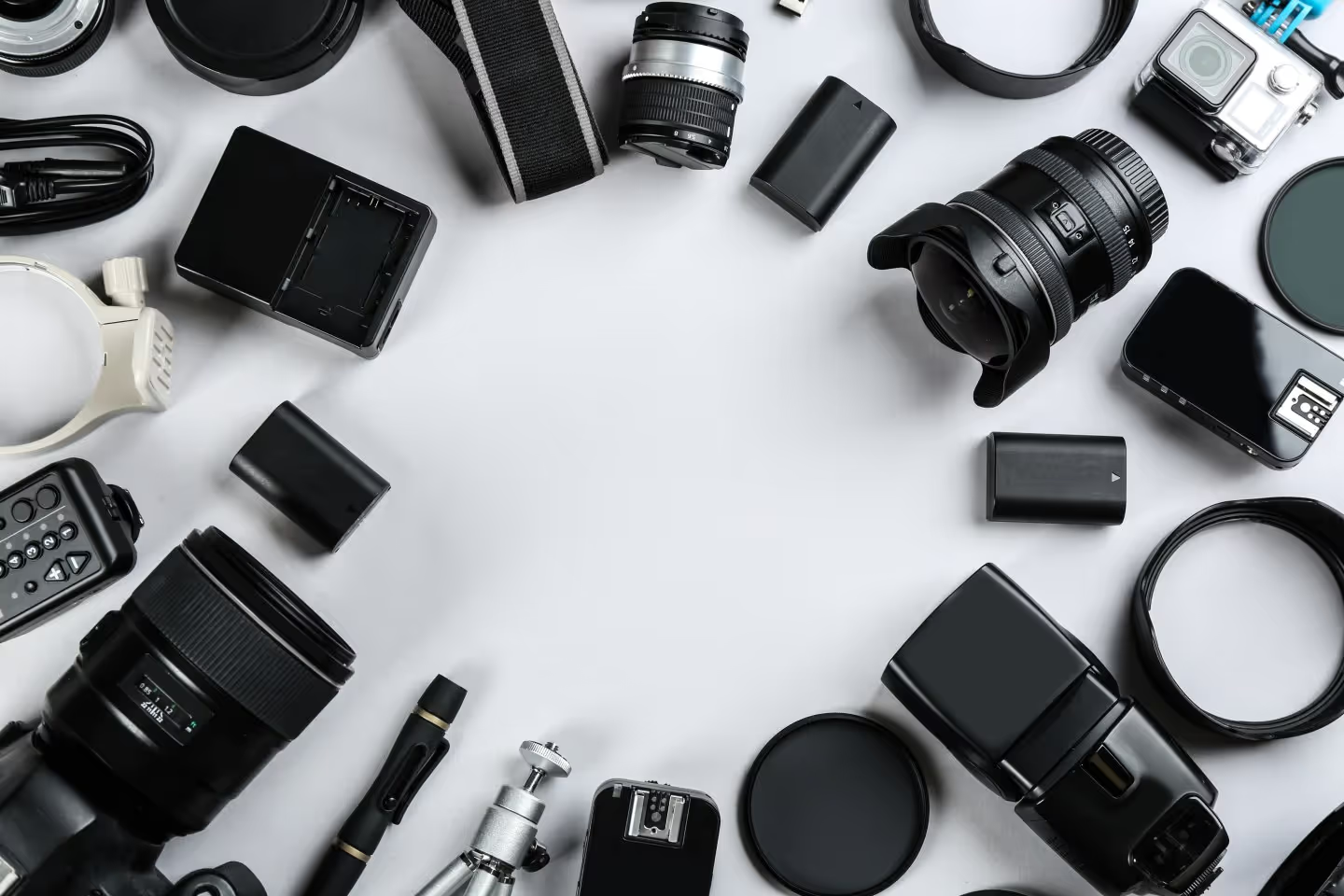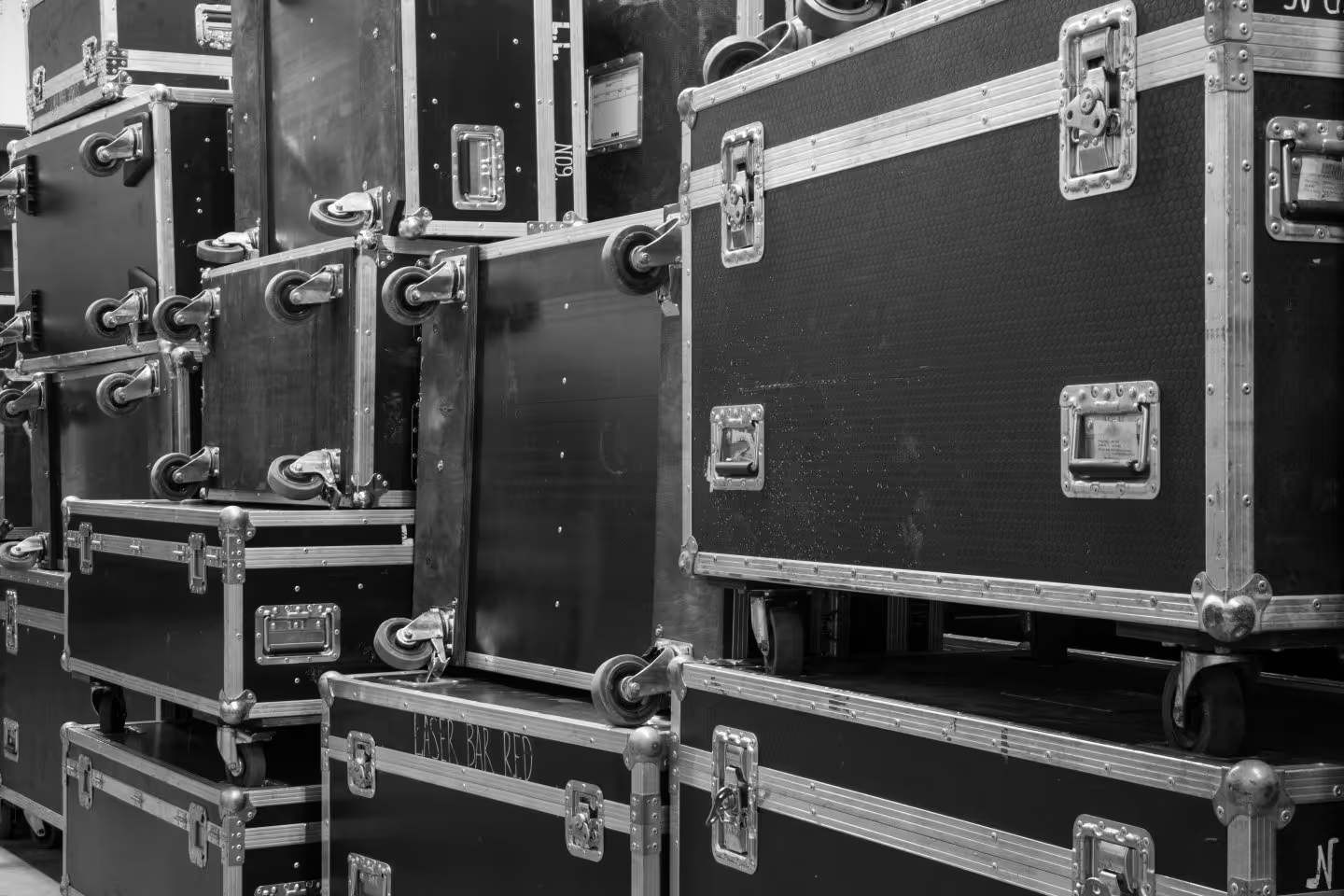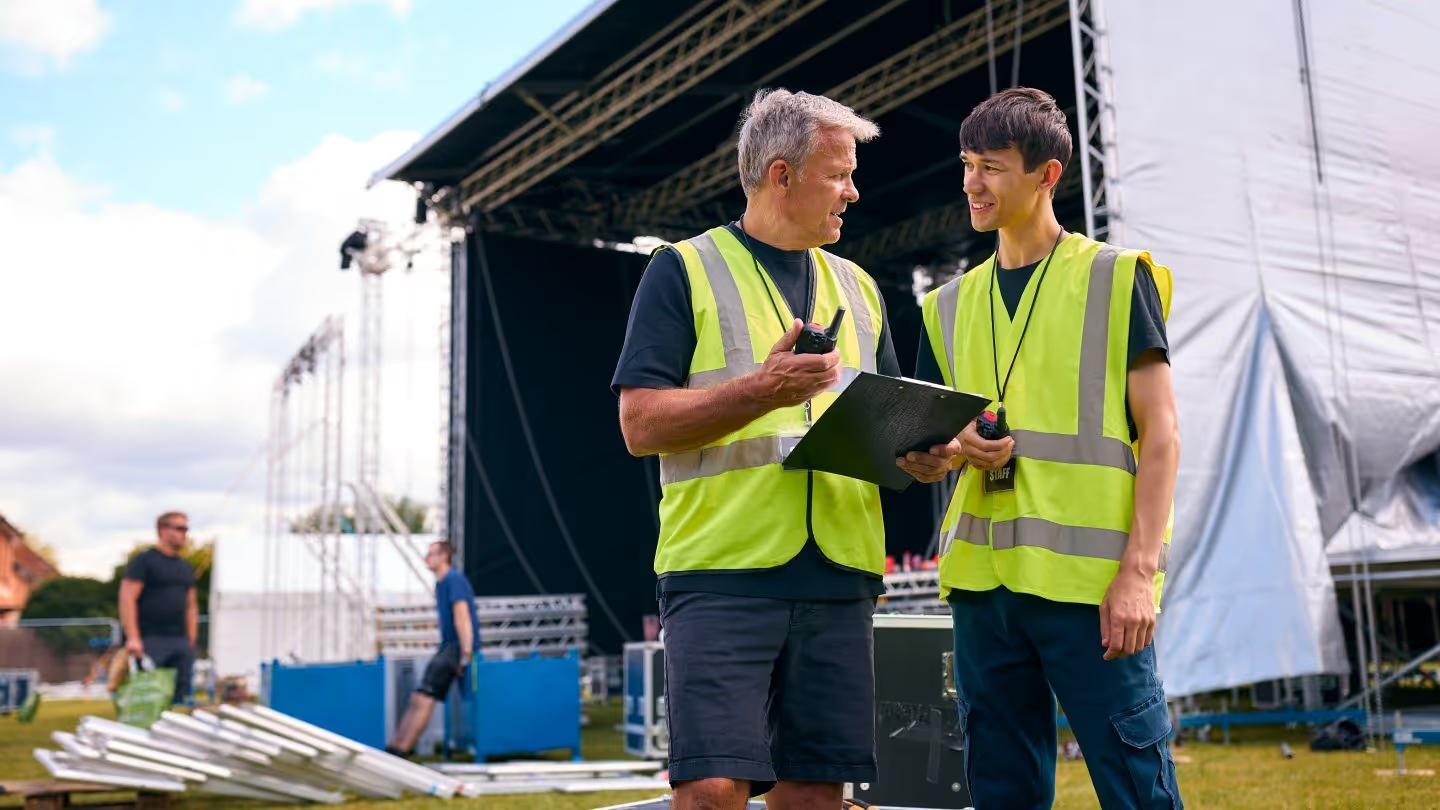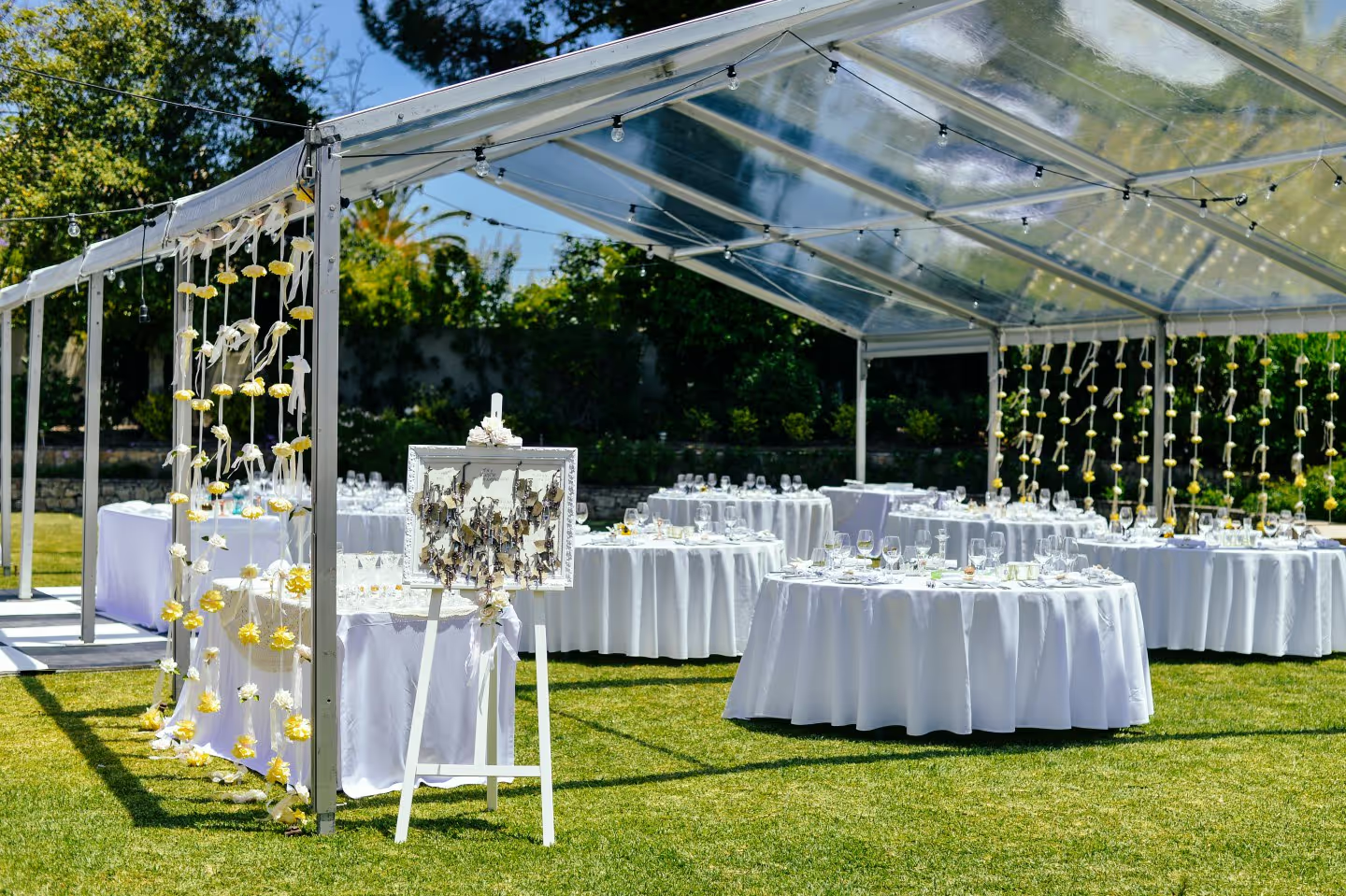Rent Your Camera Gear

In today’s digital age, the concept of ownership and control is evolving, and this shift is particularly evident in the world of photography. Renting your camera gear instead of buying it outright offers a practical and cost-effective solution for both amateur and professional photographers. Whether you’re looking to try out the latest equipment, need specialised gear for a specific project, or simply want to save money, renting provides a flexible alternative. In this guide, we will delve into the numerous benefits of renting your camera gear, outline how to get started, and provide tips to ensure you make the most of this convenient option.
Additionally, renting camera gear fosters a supportive community where filmmakers, photographers, and creative professionals can connect, share resources, and build a reliable network.
1. Why Rent Your Camera Gear
2. Types of Camera Gear to Rent
3. How to Rent Your Camera Gear
4. Tips for a Successful Rental Experience
5. Maximising Your Rental Income
Why Rent Your Camera Gear
Benefits of Renting Gear
Renting camera gear offers a host of advantages. Firstly, it allows you to access the latest and most advanced equipment without the hefty price tag. This can be particularly useful for someone like a professional photographer who want to try out new models before making a purchase. Secondly, renting provides flexibility. You can choose specific gear tailored to your project needs, whether it’s a high-end lens for wildlife photography or a specialised camera for underwater shoots.
Additionally, renting can save you money on storage and maintenance costs associated with owning expensive equipment. You also avoid the risk of equipment becoming outdated. Lastly, renting is a great way to test different brands and models to find what works best for you. Overall, renting your camera gear is a practical, flexible, and cost-effective solution for photographers at any level. Moreover, renting out your own camera gear can provide a source of extra income.
Comparing Costs and Savings
When comparing the costs of renting versus buying camera gear, the savings can be substantial. Purchasing high-end camera equipment often requires a significant upfront investment, which may not be feasible for everyone. Renting, on the other hand, allows you to pay only for the time you need the gear. This can be particularly beneficial for short-term projects or occasional use.
Additionally, renting eliminates the ongoing expenses of maintenance, repairs, and upgrades. For instance, a professional camera and lens setup could cost thousands of pounds, while renting the same setup for a week might only cost a few hundred. Over time, these savings add up, making renting a financially savvy option. Moreover, if the equipment becomes outdated, you won’t be stuck with obsolete gear. Instead, you can always rent the latest models, keeping your work at the cutting edge of technology. Additionally, receiving payments directly into your bank account adds convenience and security to the rental process.
Flexibility and Convenience
Renting camera gear offers unparalleled flexibility and convenience. For photographers who work on diverse projects, being able to choose specific equipment for each job is invaluable. Whether you need a macro lens for close-up shots one week and a high-speed camera for action photography the next, renting allows you to tailor your gear to your needs. This adaptability means you are never limited by the equipment you own.
Additionally, the renting process is straightforward and quick. Many rental services provide shipping options, making it easy to receive and return gear without hassle. This is particularly convenient for photographers who travel frequently. Furthermore, rental companies often offer support and insurance options, giving you peace of mind during your shoot. Overall, the flexibility and convenience of renting camera gear make it an attractive option for photographers seeking efficiency and adaptability in their work.
Types of Camera Gear to Rent
Camera Bodies and Lenses
When considering what camera gear to rent, the camera body and lenses are often the primary focus. Additionally, cinema cameras are available for capturing high-quality footage for cinematic masterpieces, documentaries, and photography projects. Renting a camera body allows you to experiment with different models and brands, helping you determine which fits your shooting style best. For instance, you might want to try a full-frame DSLR for its superior image quality or a mirrorless camera for its compact design and advanced autofocus features.
Lenses also play a crucial role in your photography. Renting lenses gives you the flexibility to choose the right focal length and aperture for your specific project. Whether you need a wide-angle lens for landscape shots, a telephoto lens for wildlife, or a macro lens for detailed close-ups, renting provides access to a wide range of options. This ensures you have the right tools to capture the perfect shot, without the commitment of purchasing expensive equipment.
Lighting and Accessories
In addition to camera bodies and lenses, lighting and accessories are crucial elements to consider when renting camera gear. Proper lighting can dramatically enhance the quality of your photos, making it essential for both studio and on-location shoots. Renting lighting equipment like softboxes, LED panels, and strobes allows you to create the perfect lighting setup without the permanent investment.
Furthermore, accessories such as tripods, camera stabilisers, and external microphones can significantly improve the versatility and professionalism of your work. Renting these items gives you the freedom to experiment with different setups and find what works best for certain circumstances of your project. For instance, a gimbal can provide smooth, stabilised footage for video shoots, while a high-quality tripod can ensure sharp, steady images in low-light conditions. Overall, renting lighting and accessories provides the flexibility to enhance your photography and videography, tailored to each specific need. Some rental companies even offer a free concierge service to help upload items for rent, making the listing process easier for users.
Specialised Equipment
Specialised equipment can make a significant difference in achieving the desired results for niche photography and videography projects. Capturing high-quality footage with specialized equipment allows for stunning detail in cinematic masterpieces, documentary footage, and various photography projects.
Renting specialised gear, such as underwater cameras, drones, and high-speed cameras, offers the opportunity to explore unique perspectives without the financial burden of ownership. For instance, an underwater camera allows you to capture stunning marine life shots, while a drone can provide breathtaking aerial views for landscape photography or real estate videography. High-speed cameras are perfect for capturing fast-moving subjects in extreme detail, ideal for sports or wildlife photography.
Additionally, renting specialised equipment can also include unique accessories like tilt-shift lenses for architectural photography or infrared cameras for scientific imaging. This flexibility ensures you have access to the right tools for any creative endeavour, enabling you to push the boundaries of your craft and explore new techniques without the commitment of purchasing expensive, single-use gear.
How to Rent Your Camera Gear
Finding Reputable Rental Services
Finding a reputable rental service is crucial for a smooth and reliable experience when renting camera gear. Start by researching online reviews and ratings to identify services with positive feedback from other photographers. Look for rental companies that offer a wide selection of well-maintained equipment from trusted brands. It’s also important to check the terms and conditions, including rental periods, insurance options, and policies on equipment damage or loss. Many reputable services provide detailed descriptions and specifications of their gear, helping you make informed decisions.
Additionally, consider rental services that offer customer support to assist with any questions or issues that may arise during your rental period. Local camera shops often provide rental options and can be a reliable source, especially if you prefer to inspect the gear in person before renting. By doing thorough research, you can find a reputable rental service that meets your needs and ensures a hassle-free experience. Connecting with local creatives through these reputable rental services can also enhance your networking opportunities and build trust within the creative community.
Understanding Rental Terms and Conditions
Before renting camera gear, it's essential to thoroughly understand the rental terms and conditions. These terms outline the duration of the rental, payment details, and responsibilities regarding the equipment. Pay close attention to the rental period to ensure you have enough time for your shoot and any necessary returns. Review the payment terms, including any deposits, late fees, or additional charges for extending the rental period.
It's also crucial to understand the insurance options and liability policies covered. Many rental services offer insurance to cover accidental damage or theft, providing peace of mind during your rental. Ensure you know the procedures for reporting any issues or damages to the equipment. Additionally, check the return policy to avoid any unexpected fees. Understanding these terms and conditions beforehand will help you plan your rental effectively, ensuring a smooth and hassle-free experience with your rented camera gear.
Properly Preparing Your Gear for Rent
Properly preparing your gear for rent is crucial to ensure you receive it in optimal condition and return it without any issues. Before renting, make a checklist of all the items you're renting, including camera bodies, lenses, accessories, and any additional equipment. Inspect each item thoroughly upon receipt to verify its condition and functionality. Take photos or videos as proof of the initial condition. Familiarise yourself with the equipment by reading the manuals or watching tutorials, especially if you're renting something new or complex.
During use, handle the gear with care, using protective cases and cleaning tools as needed. Before returning the gear, clean each item carefully, ensuring no dust, smudges, or debris remain. Pack everything securely in its original packaging or a suitable alternative to avoid damage during transit. Proper preparation and care will help you make the most of your rented gear and maintain a positive relationship with the rental service.
Tips for a Successful Rental Experience
Ensuring Quality and Maintenance
Ensuring the quality and maintenance of rented camera gear is vital for a successful rental experience. Upon receiving the equipment, inspect it thoroughly to confirm it meets your expectations and functions correctly. Test all features, including focus, aperture, and any electronic components. If you notice any issues, report them immediately to the rental service to avoid being held responsible for pre-existing damage.
Throughout the rental period, handle the gear with care. Use appropriate cleaning tools and techniques to maintain lenses and sensors, and store the equipment in protective cases when not in use. It's also wise to avoid exposing the gear to extreme temperatures, moisture, or dust. At the end of the rental period, perform a final inspection and clean the equipment before packing it securely for return. By ensuring proper quality and maintenance, you can make the most of your rental and avoid potential issues with the rental service.
Communicating with Renters
Effective communication with the rental service can significantly enhance your rental experience. Start by asking any questions you might have before placing your order. Clarify details about the equipment, rental terms, and availability. During the rental period, maintain open lines of communication. If you encounter any issues or have concerns about the safety of the gear, inform the rental service immediately. This proactive approach can help resolve problems quickly and minimise disruptions to your project.
Additionally, keep the rental service updated on any changes to your rental needs, such as extending the rental hire period or substituting equipment. Good communication also includes providing feedback after your rental experience. Share your insights about the quality of the gear and the service received. This feedback can help the rental company improve and maintain their standards, ultimately benefiting future renters. By maintaining clear and respectful communication, you ensure a smoother and more satisfactory rental experience.
Handling Returns and Damages
Handling returns and damages properly is essential for maintaining a good relationship with the rental service. Begin by reviewing the rental company's return policy to understand the process and any associated costs. Before returning the equipment, clean and inspect each item to ensure it is in the same condition as when you received it. Document the condition of the gear with photos or videos for your records. Securely pack the equipment in its original packaging or another suitable container to prevent damage during transit.
If any damage occurs to the gear during your rental period, report it to the rental service immediately. Most reputable services offer insurance options to cover accidental damage, so be familiar with these terms beforehand. Honesty is crucial; hiding damages can lead to penalties or loss of your money or deposit. By handling returns and damages responsibly, you ensure a smooth rental process and maintain a positive reputation with the rental service.
Maximising Your Rental Income
Setting Competitive Prices
Setting competitive prices is key to maximising your rental income. Start by researching the market to understand the going rates for similar camera gear. Look at both local and online rental services to gauge the average pricing. Consider the condition and age of your equipment when setting your rates. Newer, high-quality gear can command higher prices, while older models should be priced more affordably. It's also helpful to offer a range of flexible pricing options, such as daily, weekly, and monthly rates, to cater to different rental needs.
Additionally, consider offering discounts for longer rental periods to incentivise extended bookings. Being transparent about what is included in the rental price, such as accessories or insurance, can also attract renters. Competitive pricing should balance affordability for the renter and profitability for you. Regularly reviewing and adjusting your prices based on demand and market trends can help you stay competitive and maximise your rental income.
Marketing Your Gear
Effectively marketing your camera gear is essential for attracting renters and maximising your rental income. High-quality camera equipment is crucial for professional photographers capturing the essence of London through a lens. Start by listing your equipment on popular rental platforms that cater to photographers. Ensure your listings are detailed and accurate, including high-quality photos and comprehensive descriptions of each item. Highlight the key features and benefits, such as image quality, ease of use, and any included accessories.
Leverage social media by sharing posts about your available gear on platforms like Instagram, Facebook, and Twitter. Join photography groups and forums to reach potential renters who may be interested in your equipment. Word of mouth is powerful, so encourage satisfied renters to leave positive reviews and recommend your services to others.
Consider offering promotions or discounts to first-time renters or during off-peak seasons to boost interest. By actively marketing your gear and taking advantage of various platforms, you can increase visibility and attract more renters, ultimately maximising your rental income.
Building a Strong Reputation
Building a strong reputation is crucial for maximising your rental income. Start by ensuring that all your camera gear is well-maintained and in excellent working condition. Providing high-quality equipment will lead to satisfied renters and positive reviews. Prompt and clear communication with renters is also key. Answer inquiries quickly, be transparent about your terms, and offer support if any issues arise during the rental period.
Encourage feedback from your renters and use it to improve your service. Positive testimonials can significantly enhance your credibility and attract more renters. Also, consider offering loyalty incentives for repeat customers, such as discounts or priority access to new gear. This fosters a sense of trust, community and reliability.
Participating in photography communities, both online and locally, can also help build your reputation. By being active and helpful, you can establish yourself as a trusted source for rental gear. A strong reputation will lead to more bookings and higher rental income over time.



